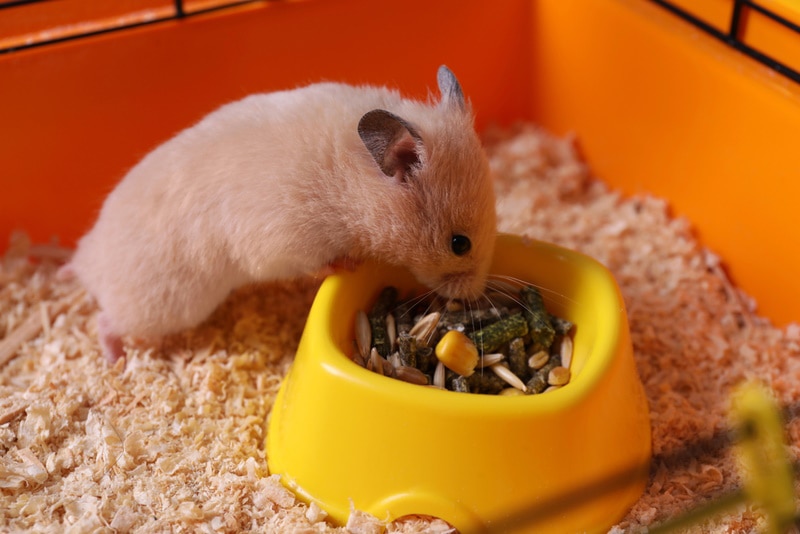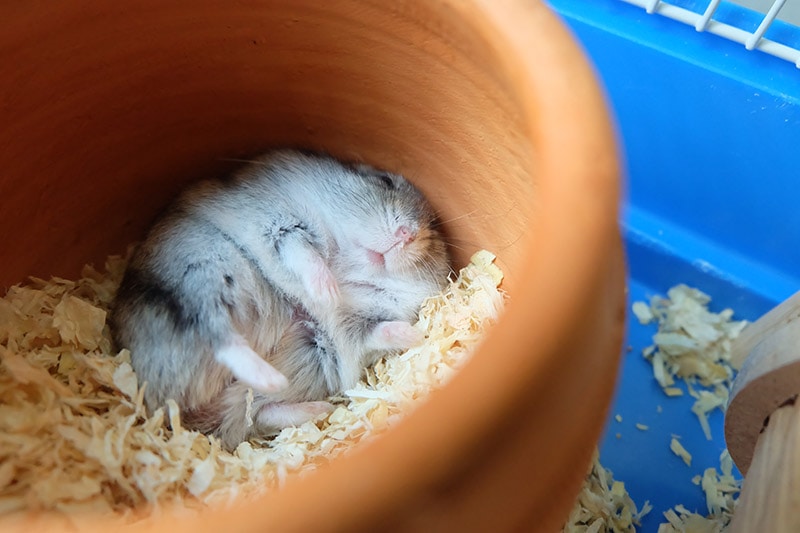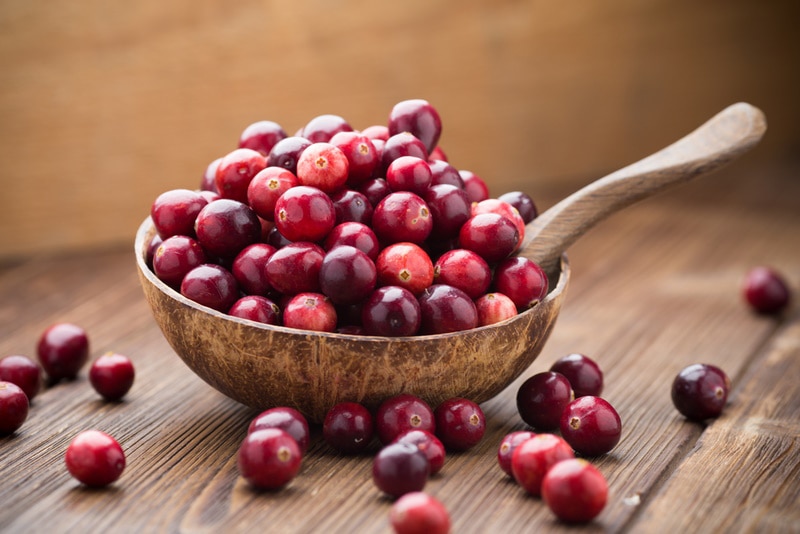Can Hamsters Eat Chocolate? Vet-Verified Facts & FAQ
Updated on

Click to Skip Ahead
Being the biggest chocolate fan might be a title you are proud of, but this delicious treat is never healthy for our furry friends. While there are many pet-safe snacks you can offer to them, chocolate isn’t one—you must avoid feeding chocolate to your hamster. Chocolate contains two very toxic compounds for our pets and ingesting them might even become fatal.
Read on below to find out more.
Chocolate Ingredients
Chocolate is the guilty pleasure of many people. Even though we understand that it’s not the healthiest thing to eat, we still can’t resist its wonderful taste. Chocolate is mostly made from dried and fermented cocoa beans, sugar, cocoa butter, and, in some cases, milk. The most dangerous compounds in chocolate are called methylxanthines 1.
These compounds are particularly toxic for pets, and chocolate has little nutritional value for them anyway.

Is Chocolate Safe for Hamsters to Eat?
While humans adore chocolate, it’s not safe for our pets. Whether you have a cat, dog, or hamster, they all have one thing in common; chocolate is toxic for them. It contains two highly harmful compounds—theobromine and caffeine. These two ingredients can even be fatal to our pets. Hamsters are so small that even a tiny amount could cause clinical signs of chocolate toxicity. It is of utmost importance to avoid ever giving your hamster chocolate as a treat.
However, if your hamster does eat some chocolate by accident, you should contact your vet for urgent advice. You can read more below about the possible signs of chocolate poisoning to look out for.
Signs of Chocolate Poisoning in Hamsters
If you suspect your hamster has accidentally eaten some chocolate, you’ll immediately need to take them to the vet. Additionally, there might be signs that could help you recognize toxicity in time. These signs are common in dogs and cats and may be seen in hamsters:
- Diarrhea
- Lethargy
- Loss of appetite
- Increased urination
- Elevated heartbeat
- Excessive thirst
- Restlessness
- Seizures
Ideal Diet for Hamsters

Maintaining the ideal diet for your pet hamster is not a challenging task and is best done by considering their natural diets in the wild. Since hamsters are omnivores, they would feed on a mix of insects, plant matter, seeds, and berries in the wild. Like all other pets, hamsters thrive on a well-balanced and high-quality diet filled with all the right nutrients.
Most of the nutrients that hamsters need daily can come from a diet that includes high-quality commercial hamster pellets, Timothy hay, optional animal protein like mealworms, and a small amount of fresh vegetables or fruits. The safest vegetables and fruits you can offer your hamster are:
- Carrots
- Melons
- Zucchini
- Broccoli
- Apples
- Pears
- Spinach
- Cabbage
- Cauliflower
- Peaches
- Cucumber
- Sweet peppers
Besides fresh veggies and fruits, it’s a great idea to offer your hamster some Timothy hay; it’s high in fiber, and great for burrowing in. Also, make sure your hamster always has access to fresh water.
Final Thoughts
Hopefully, learning about the toxicity of chocolate for your pet hamster will prevent you from offering even an occasional bite or two. Make sure you follow through with not offering chocolate to your hamster, and if they do eat it by accident, take them to the vet straight away.
See Also:
- Can Hamsters Eat Popcorn? Vet-Reviewed Facts & FAQ
- Can Hamsters Have Honey? Vet Approved Facts & FAQ
Featured Photo Credit: Security, Pixabay











